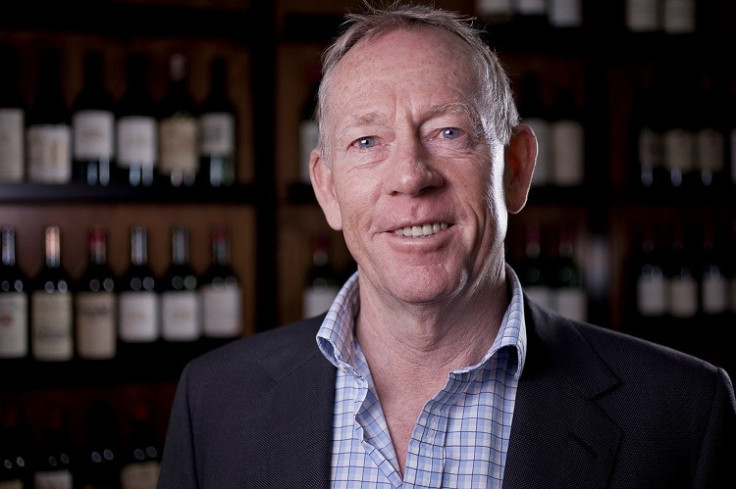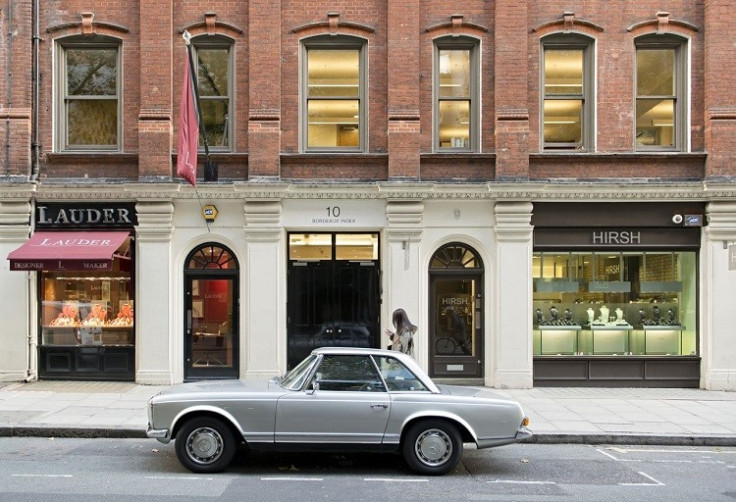Global Wine Shortage: Fine Wine Demand Has Always Exceeded Supply

There is an element of scaremongering going on. At the upper end of the scale, wine is a luxury good - an indulgence not a necessity.
For the best wines in the world demand has always exceeded supply; in many cases the finest wines are made by artisans from small pieces of magical land, identified over hundreds of years.
Even in the case of regions which have larger scale production, such as Bordeaux and Champagne, both the acreage of land under vine and the quantity of wine produced per hectare is strictly controlled in order to keep the quality high and the supply under control.
It is crucial that even in the face of increased global demand that these quality production controls are adhered to as the brand recognition that companies have spent a long time building can easily be damaged by overproduction. Look at how long it has taken Chianti to start being taken seriously again; many years of overcropping creating thin, nasty wines which tarnished the reputation of one of the finest areas under vine anywhere in the world - only in the past decade have we seen strict adherence to quality put this back on the map as a serious winegrowing area.
There are shifts going on in the wider world of wine consumption.
Whilst some emerging markets such as China are making significant demands on the world's wine production, other traditional areas including parts of Europe (even two hotbeds of European wine production: France and Italy) are seeing declining wine consumption.
No longer are these the cultures of a glass of wine taken with lunch, every day - and this is rubbing off on the younger generation who are moving increasingly into beer, spirits and cocktails.
The US continues to grow and is now one of the biggest consumers although much of this is locally made.
It's also important to note that China itself is making a lot of wine, almost all of which is consumed domestically.

At the fine wine end the biggest issue affecting supply over the past few years has been production quantity.
Whilst limiting the amount of wine produced helps to maintain quality (the fewer bunches a vine has to produce, the less dilute and thus better the quality of juice contained in each grape) sometimes the weather works against the winegrower and further reduces the quantity of grapes produced - often to levels far below that which makes economic sense.
In the various regions across Europe over the past 4-5 years, poor weather at the wrong times - rain during fruit set, hail during the growing season, no rain during summer, humid weather at harvest - have all contributed to the vines producing fewer grapes of suitable quality.
On the demand side, despite an overall slowdown in the market since the pre-June 2011 boom and subsequent bust, there is still a significant desire for the finest wines; in fact the desire is increasing, both in the UK and Asia.
The pre-post 2011 market was unusually volatile, given that the fine wine market has always shown a consistent, gentle uptick; but the reality is that this volatility was driven by Bordeaux and the calamitous pricing of the 2010 En Primeur campaign.
In the years that have followed the total proportion of Bordeaux wine sales at BI has fallen slowly each year but the mantle is being taken up by Burgundy, Italy and Champagne.

There certainly appears to be no loss of appetite for fine wine: it's just tastes are changing.
The shifts in supply and demand has sent prices both ways and in some cases, too far. The challenge for Bordeaux is that they are still reliant on quantity - so the impact of poor weather during harvest will hit the quality of their wines harder (as they will be less keen to leave out a significant proportion of grapes).
On top of this there is often quantity of mature, physical stock available - if the price of new vintages of lesser quality is higher than for mature stock from good vintages, there is no incentive for the consumer to buy the young wine.
Therefore the price of wine released en primeur, especially in the less lauded vintages, needs to come down.
For Burgundy, the price is only going one way: up - for both new releases and back vintages.
Global demand is booming and there is literally no way any producer can increase production, due to the massive spread of ownership across each strictly delineated vineyard.
Gary Boom is the managing director at fine wine merchant Bordeaux Index
© Copyright IBTimes 2025. All rights reserved.





















